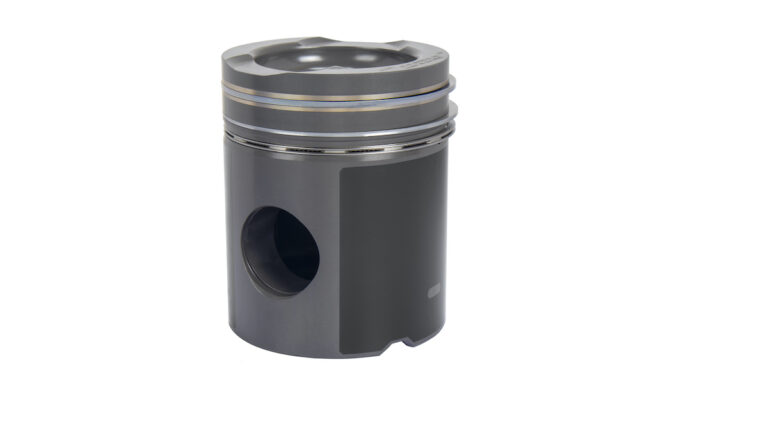Pistons are the heart of any internal combustion engine, playing a critical role in transforming fuel into mechanical energy. The material chosen for piston manufacturing can significantly impact the engine’s performance, reliability, and lifespan. This blog post will delve into the different materials used in piston manufacturing – primarily focusing on aluminum, steel, and forged pistons – and explore their advantages in various applications.
Aluminum Pistons
Aluminum is the most commonly used material in piston manufacturing due to its numerous advantages. It is lightweight, which reduces the overall weight of the engine and improves fuel efficiency. Aluminum also has excellent thermal conductivity, which helps dissipate heat from the combustion chamber.
Moreover, aluminum’s low melting point enables it to withstand high temperatures without losing its shape or properties. This makes it an ideal choice for most passenger vehicles and light-duty applications.
However, aluminum pistons have their limitations. They can expand under high temperatures, leading to potential damage or failure. Therefore, they may not be suitable for high-performance or heavy-duty applications.
Steel Pistons
Steel pistons are typically used in heavy-duty and high-performance applications. Compared to aluminum, steel has higher strength and durability, making it more resistant to wear and tear. It can also withstand higher combustion pressures and temperatures without deforming or failing.
Steel pistons are heavier than aluminum ones, which might impact fuel efficiency. However, this additional weight can be beneficial in some applications, as it can help dampen engine vibrations and increase stability.
Forged Pistons
Forged pistons are made by compressing a piece of metal under high pressure to achieve the desired shape. This process aligns the metal’s grain structure, resulting in a stronger and more durable piston.
Forged pistons can be made from either aluminum or steel. Forged aluminum pistons combine the lightweight properties of aluminum with the increased strength and durability of forging, making them a popular choice for high-performance applications. On the other hand, forged steel pistons are extremely strong and durable, making them suitable for heavy-duty applications.
Conclusion
Choosing the right material for piston manufacturing is crucial for ensuring optimal engine performance and longevity. Aluminum, steel, and forged pistons each have their unique advantages and are suitable for different applications.
Aluminum pistons are lightweight and excellent at dissipating heat, making them ideal for most passenger vehicles. Steel pistons are stronger and more durable, making them suitable for heavy-duty and high-performance applications. Forged pistons offer increased strength and durability, making them a popular choice for both high-performance and heavy-duty applications.
In the end, the choice of piston material will depend on several factors, including the intended application, performance requirements, and budget.

A top ranking student throughout, Akshay joined the family business right after graduation in 2006. After working for over 10 years in Agra Engineering Co, he decided to start his own company. Now as a partner in this new company he looks after business development and vendor management. A keen fitness enthusiast he tries new forms of exercise – crossfit, calisthenics, pilates, yoga and swimming. He’s an avid golfer as well – one of his many hobbies.







